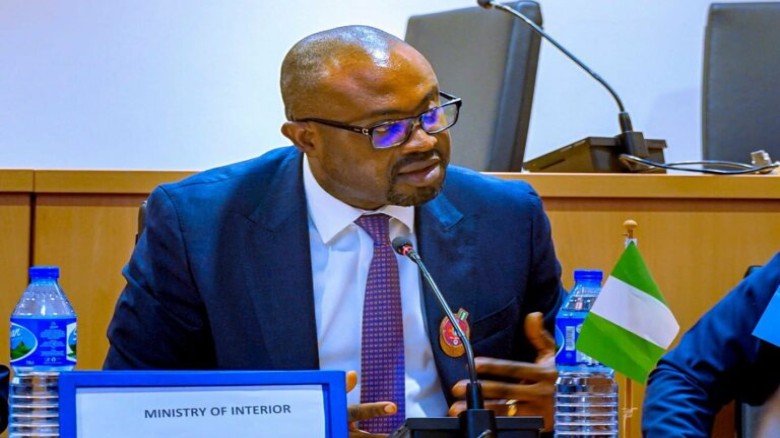Emir of Kano Urges traders to cut food prices for Ramadan ease
The Emir of Kano, Alhaji Aminu Ado-Bayero, has urged traders to lower the prices of foodstuffs and other goods, facilitating an easier observance of Ramadan for the masses. This appeal was made on Sunday in Zaria during the launch of Prof. Sa’idu-Mohammed Gusau's book titled "Dauloli a Kasar Hausa," which translates to 'Kingdoms in Hausaland.'
In addition to encouraging affordable goods, Ado-Bayero advised affluent Nigerians to assist the less privileged during the Ramadan period. He also offered prayers for the protection of people's lives, wishing that they experience the sacred month in good health, with their prayers and sacrifices accepted by God Almighty.
The emir praised the book's publisher for presenting comprehensive information on the Hausa kingdoms in Kano, Katsina, Zamfara, Kebbi, and Zazzau, among others.
He remarked, "They provided a lucid explanation of the administrative systems of governance employed by each kingdom, along with insights into their trades, norms, and values."
According to the book reviewer, Prof. Ahmed Zaria of Kaduna State University, the 356-page book comprises seven chapters.
Zaria highlighted that the book presents a concise account and historical overview of the Hausa kingdoms, encompassing their politics, governance, norms, and values from their inception to the present day.
He emphasized that the book is an essential resource for students and researchers in linguistics and history.
The academic, advising fellow scholars not to slacken in their research pursuits, expressed concern over the tendency of some academics to abandon research upon attaining the professorial rank.
The publisher, Prof. Gusau, stated that the book aims to consolidate the written history of the Hausa Kingdoms, addressing the existing gap where most university research focuses on a select few kingdoms rather than comprehensively covering all.
Gusau further highlighted that the book seeks to promote harmony and foster unity among the Hausa kingdoms and the broader Nigerian community.
























Leave A Comment